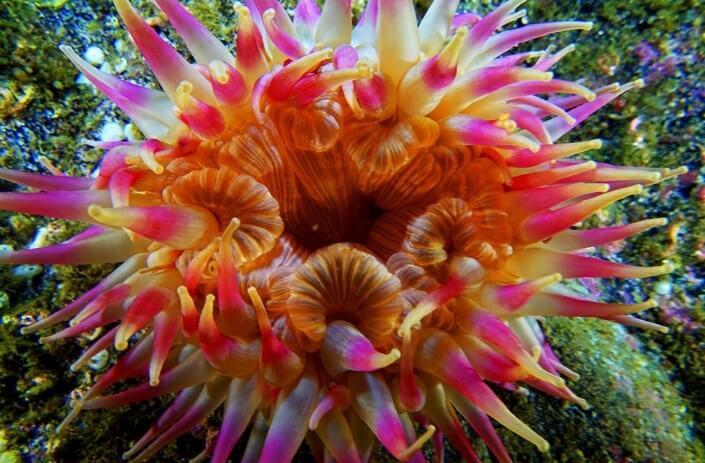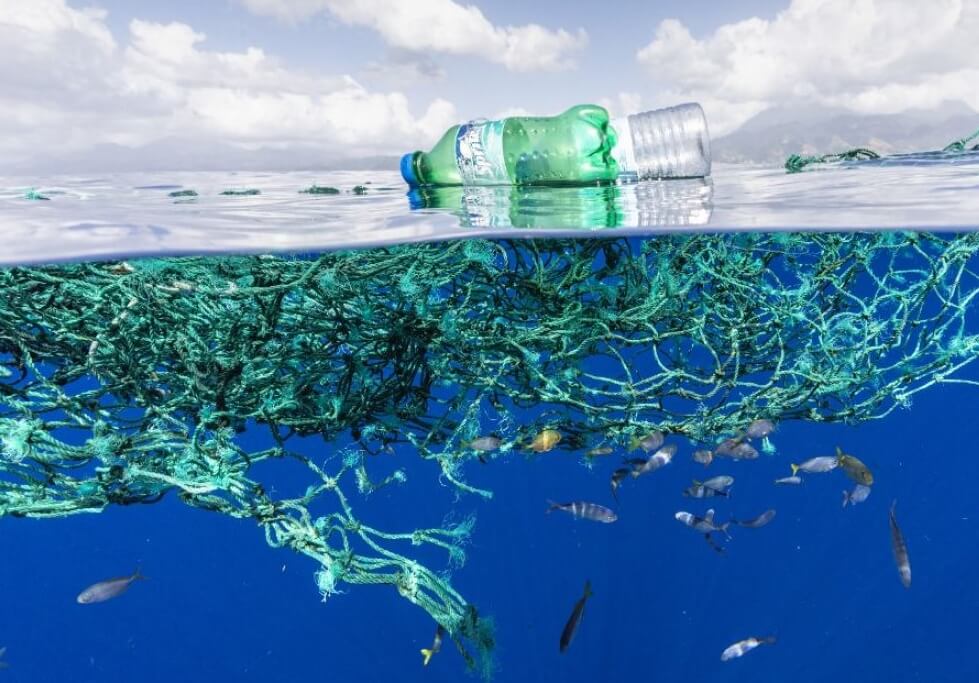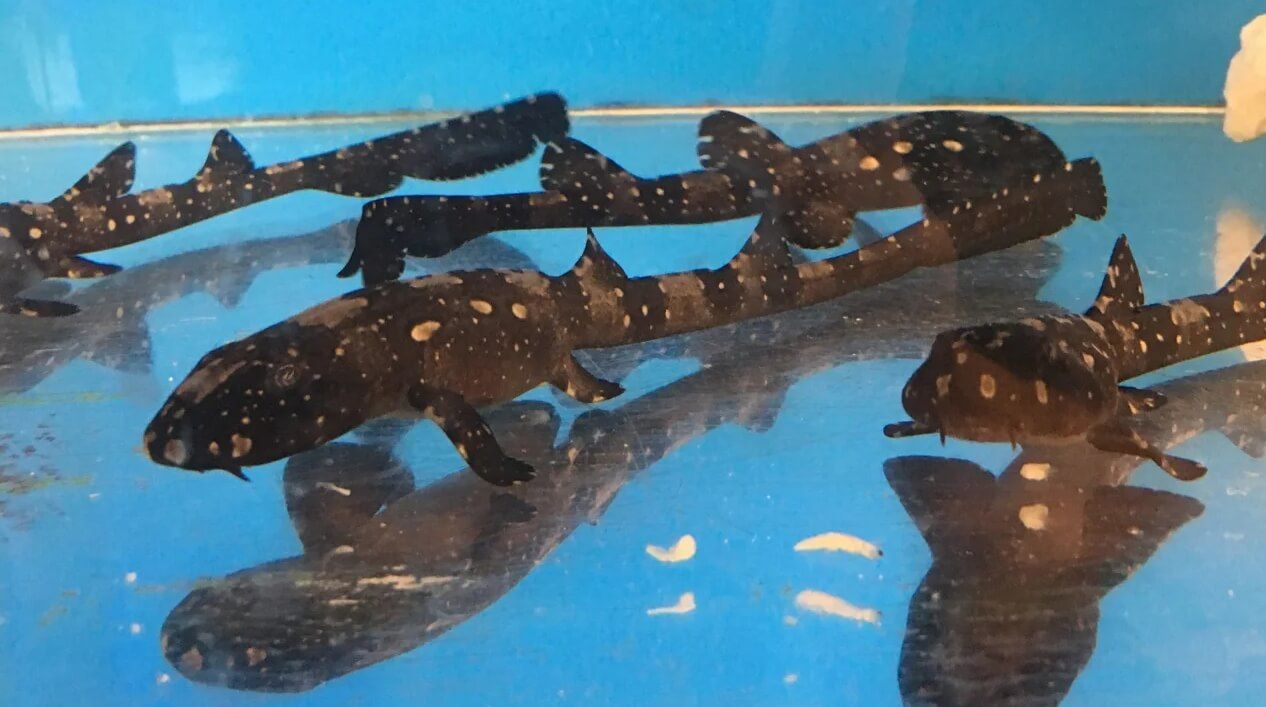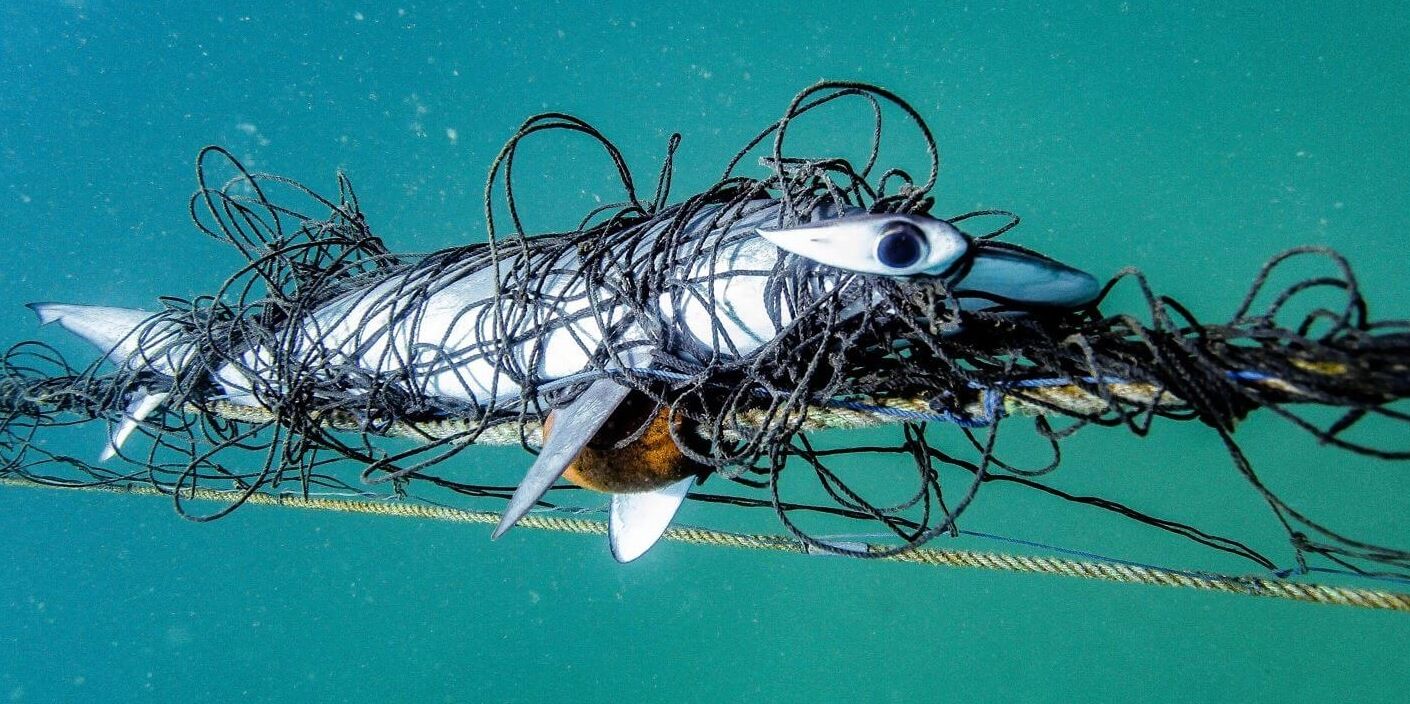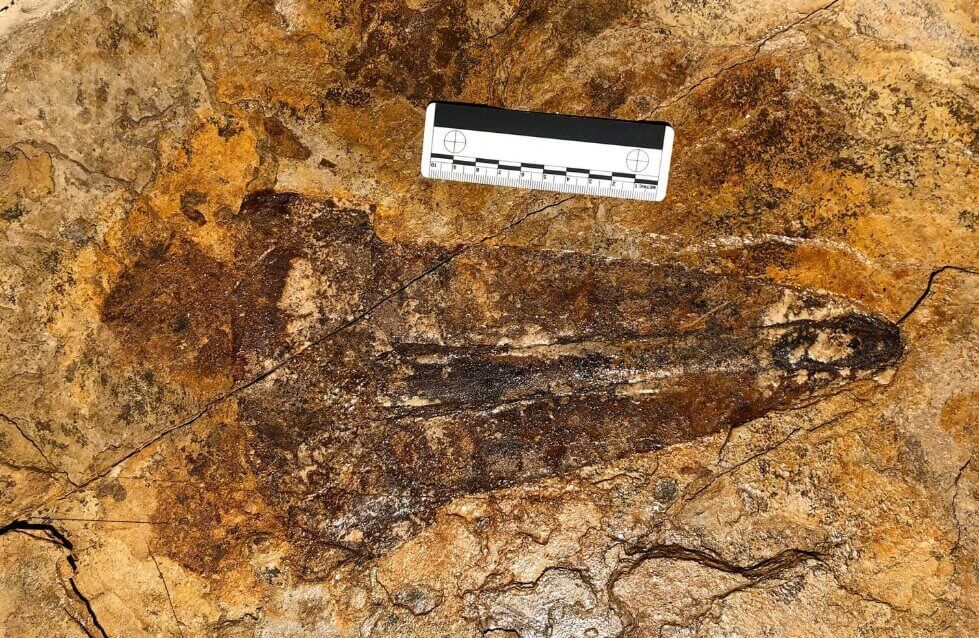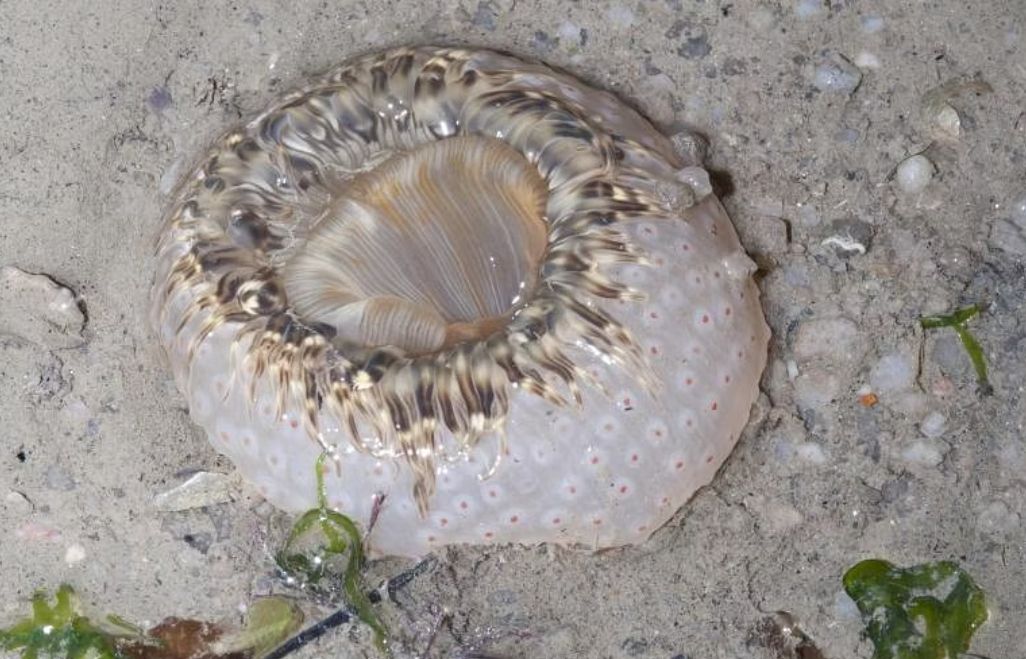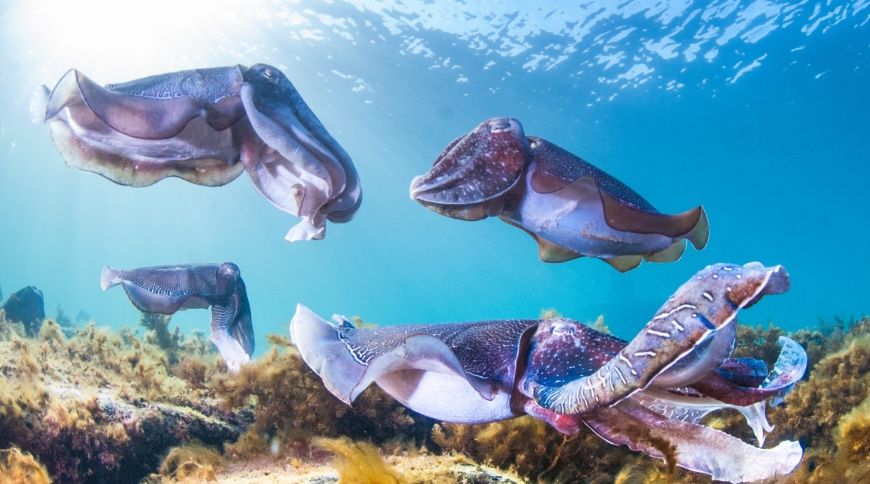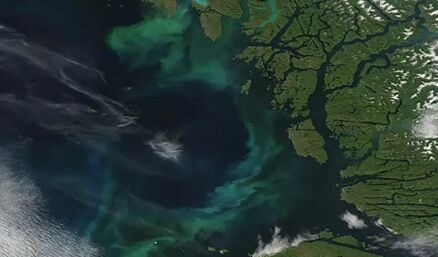A concerning phenomenon known as “The Drop” occurred off the coast of California around 8 years ago, bringing about a prolonged period of abnormal warm water. This unusual heat wave, which lasted for two years, has left lasting impacts on the marine ecosystems in the region. Researchers from the University of California have extensively studied the consequences of this abnormal warming, revealing devastating effects on a wide variety of marine species, particularly invertebrates.
Since 2016, the marine life in the affected area has struggled to return to its original state. The warming event has disproportionately affected species that lack the ability for independent movement, leading to a significant decline in their populations. Over the past 7 years, the number of invertebrates has dramatically decreased by a staggering 71%.
Among the hardest-hit species are anemones, tube worms, and mollusks, which have been facing nutrient deficiencies in phytoplankton as colder waters intrude. The changing water conditions have disrupted the delicate balance of marine ecosystems, making it difficult for certain species to obtain essential food sources.
Furthermore, the warming has facilitated the proliferation of invasive species, including bryozoans such as Watersipora subatra and Bugula neritina. The invasion of these alien species poses a significant threat as they outcompete and displace local marine life while failing to fulfill their ecological functions.
The disruption of food chains and the subsequent decline in organism numbers are alarming trends triggered by anomalous warm waves. These adverse effects may lead to dire consequences, potentially pushing several marine species towards the brink of extinction.
The marine ecosystems along the California coast are crucial habitats supporting a vast array of marine life. The balance of these ecosystems is delicately intertwined, and any disturbances, such as prolonged warming events, can have far-reaching consequences. Invertebrates play essential roles in these ecosystems, acting as critical components in various food chains and providing vital ecological functions.
Anemones, for instance, contribute to the biodiversity of the marine environment and serve as food sources for certain predators. Tube worms play crucial roles in nutrient cycling, and mollusks are keystone species that influence the structure and function of their habitats.
However, the prolonged warming of the waters disrupts these delicate relationships. As phytoplankton populations decrease due to the temperature changes, filter-feeding invertebrates like anemones and tube worms suffer from inadequate nutrient availability. This, in turn, affects the species that depend on them for sustenance.
The rise in invasive species poses an additional challenge to the already vulnerable marine ecosystems. Invasive species, often introduced accidentally or intentionally by human activities, can thrive in new environments, outcompeting native species for resources and space. As they gain a foothold, they can disrupt the existing food chains and ecological dynamics.
For instance, the invasive bryozoans Watersipora subatra and Bugula neritina have shown significant population growth in the affected area. Their rapid proliferation has raised concerns among scientists as they compete with native species and may cause declines in local biodiversity. Moreover, these invasive species do not contribute to the ecosystems in the same way as native species, making it difficult for the ecosystem to function optimally.
The implications of the warming event in California extend beyond the immediate effects on invertebrate populations. The disruption of food chains can impact species at different trophic levels, from primary consumers to top predators. Such disturbances can ripple through the ecosystem, potentially leading to shifts in species abundances and distributions.
While the long-term effects of the warming event are still unfolding, the findings from this study underscore the urgency of addressing climate change and its impact on marine environments. Understanding the complexities of marine ecosystems and the interconnections between species is crucial for developing effective conservation and management strategies.
Safeguarding the marine biodiversity and ecological balance in California’s coastal waters requires collective efforts to mitigate climate change and reduce human-induced stressors on the environment. By recognizing the vulnerability of marine invertebrates and the pivotal roles they play in maintaining healthy ecosystems, we can work towards preserving these invaluable habitats for future generations. Conservation measures, scientific research, and public awareness are all vital components in ensuring the resilience of marine ecosystems and the survival of their diverse inhabitants.


